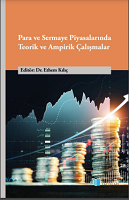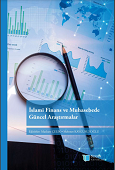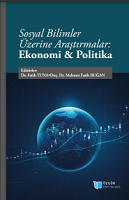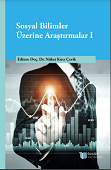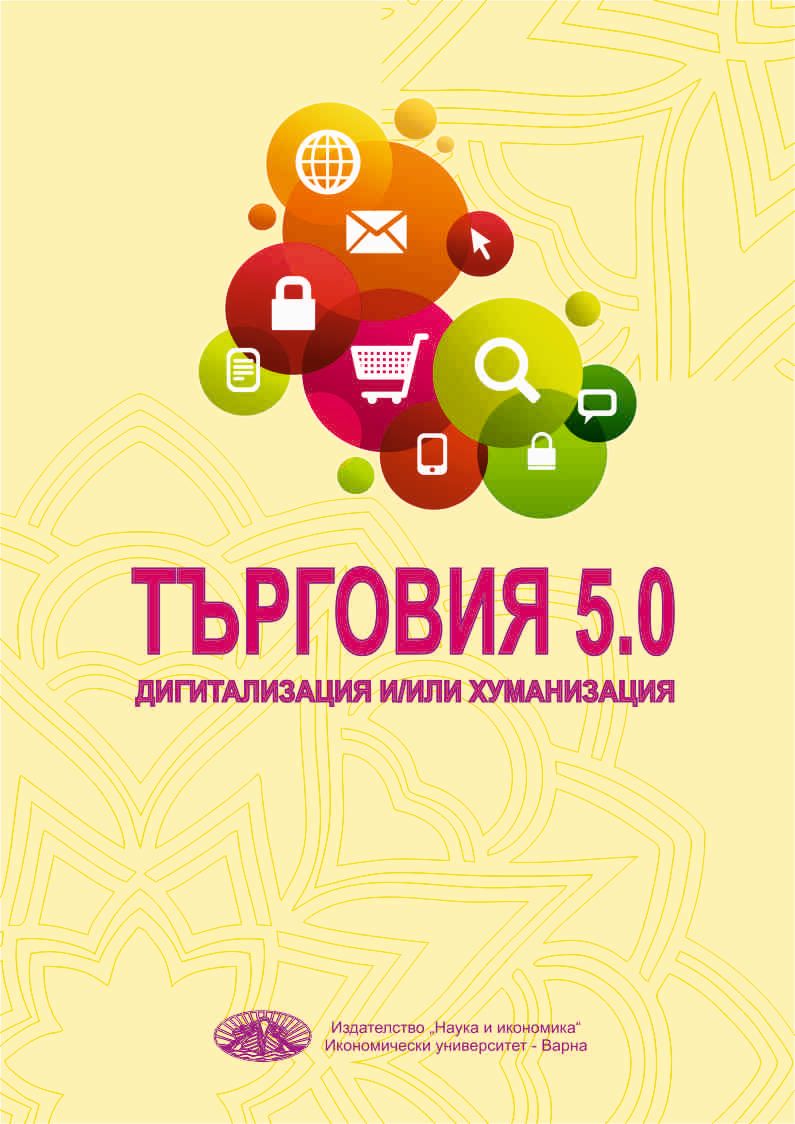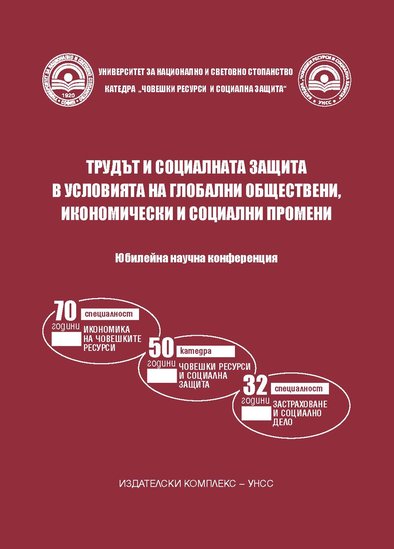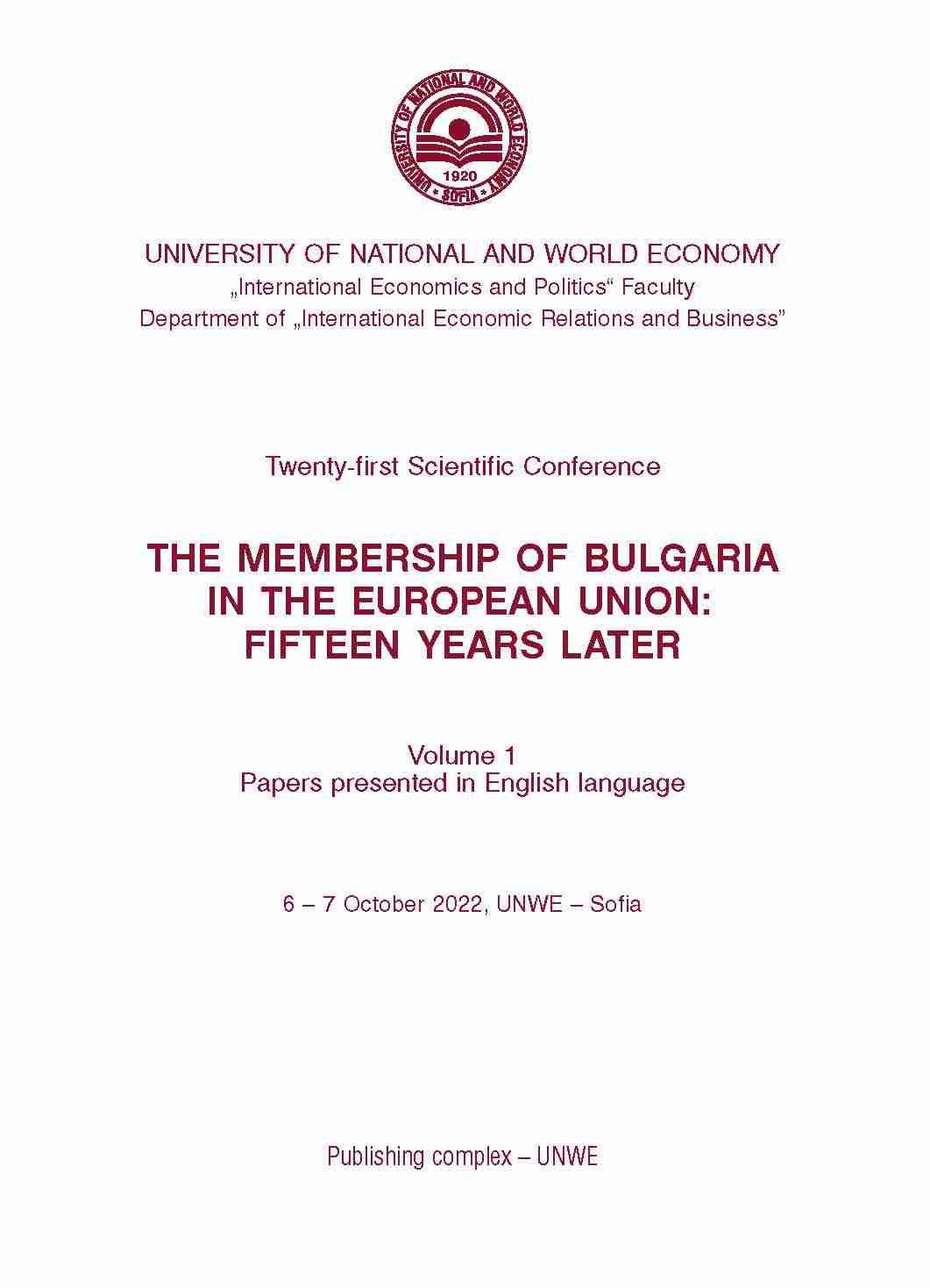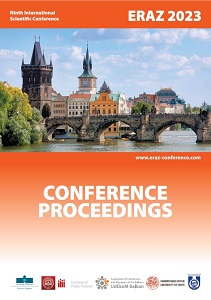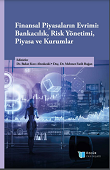
Bankacılıkta Yeni Yaklaşım: Açık Bankacılık
One of the important digital innovations in finance is the open banking system, which has developed due to the sharing of customer information with third parties (for example, FinTech Companies and TPP-Takasbank Money Market). Open banking creates a new banking system by deriving developments in financial products and activities, with rapidly changing technology developing applications in the field of banking. When the studies on Open Banking are examined, it is seen that the activities carried out in Turkey are up to a certain point. When viewed from the perspective of the world, the studies mostly constitute an abstract framework. However, it is seen that the regulations regarding open banking in Turkey and in the world are increasing day by day. In this sense, the Banking Sector, which aims to achieve many goals such as easing people's transactions, offering various activities and expanding the customer area, from the establishment of Banking to the present day, has had to keep up with the era with the developing technology. While there are customer relations in the traditional Banking model, open Banking appears as a technological innovation that tries to differentiate this system. Open Banking has been the most extensive innovation in the digitalization phase of the banking industry to date. Both in responding to the needs and requirements of customers in a fast and innovative manner, the open banking model among banks has shown a great development phase from past to present. Especially open banking has a great importance among financial technologies in this sense. The need for technological innovation has increased even more, both with the proliferation of artificial intelligence in this field and with the increase of banking activities mostly in digital environments. For this reason, open banking has a leading position in the field of banking. In order for Turkey to advance in global competition and to maintain its presence in the banking sector in the digitalized world, it needs to take the changes and steps required by digitalization in the coming years.
More...

